'The old model is exhausted': Populism's effect on French politics
Veteran politicians on both sides have seen their experience, once a calling card, become a liability
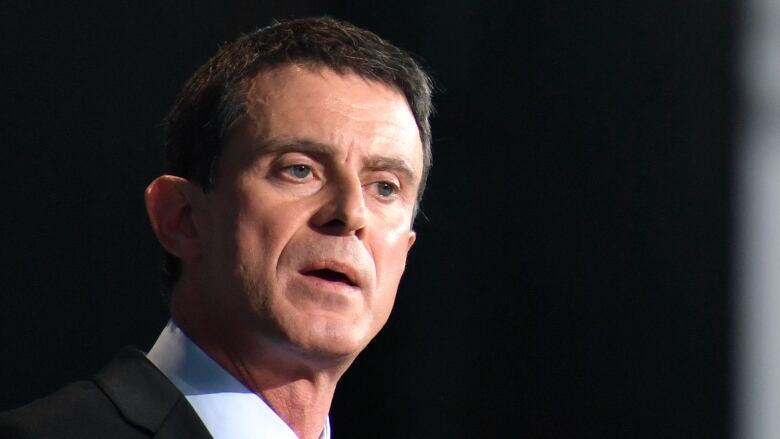
If common wisdom about current fury is right, and people across the West want change, they're getting a bellyful of it in France.
The last few weeks here have seen dramatic upheaval in the country's political class that, however willed, remains unexpected.
Veteran politicians on both the right and the left have seen their experience previously a calling card turn into liability, especially since the success of U.S. president-elect Donald Trump.
"The election of Trump has had a psychological impact in France," Sylvie Kauffmann, editorial director and columnist at Le Monde, said in an interview Tuesday.
People are looking at politics through different eyes now.- Sylvie Kauffmann, columnist
According to Kauffmann, populist movements across Europe, including Marine Le Pen's National Front, also have a heavy hand in influencing the electoral agenda.
"I think it's very powerful, this discourse about angry masses, victims of what Le Pen calls 'savage globalization,'" Kauffmann says.
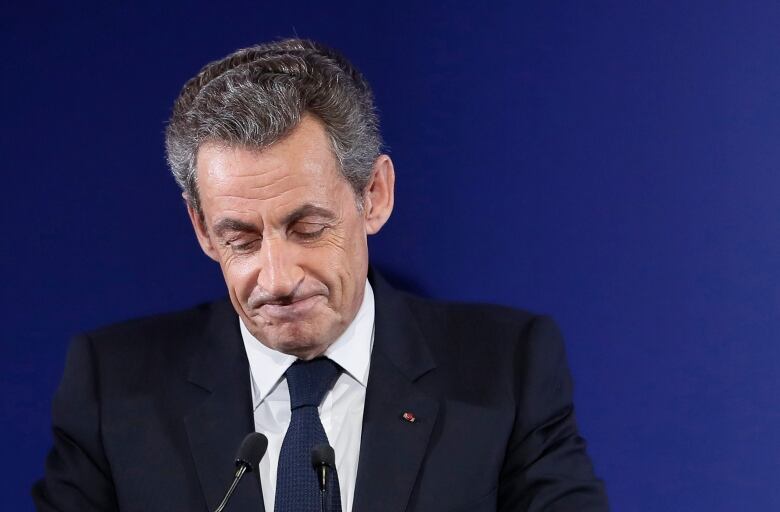
"I think everyone's now aware that they are losers of globalization, and the deindustrialization of France has really made a lot of victims.
"People are looking at politics through different eyes now. People are calling for renewal, for a new generation."
No surprise
Former president Nicolas Sarkozy was the first to fall. Routed in the late November centre-right primaries by his former prime minister, Franois Fillon, he immediately took his leave from public life.
"Nicolas Sarkozy being thrown out was quite a powerful message to traditional politicians," Kauffmann said. "The polls have consistently shown that French voters wanted neither Sarkozy nor Hollande to run in 2017."
And, so far, they're succeeding.
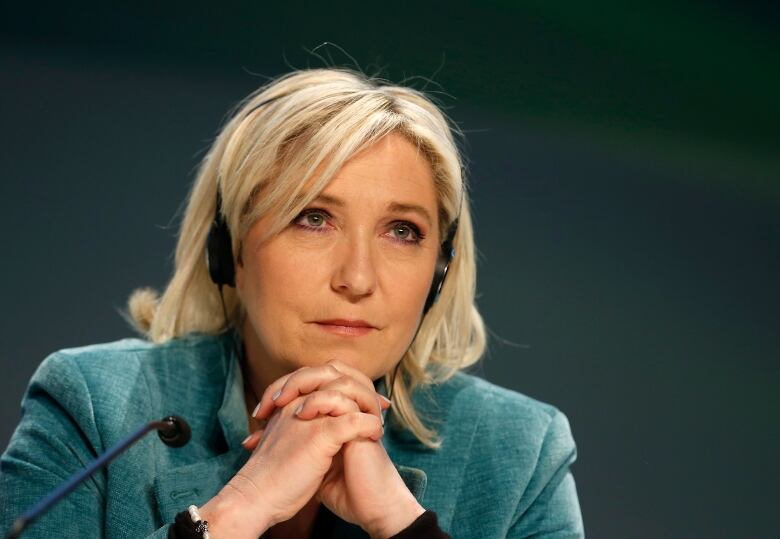
On Dec. 1, after months of dithering and hitting a record-low approval rating of only four per cent, President Franois Hollande finally announced he wouldn't run for re-election next year, thereby paving the way for the latest heave.
On Monday night, now-former prime minister Manuel Valls declared his candidacy for the presidency and then, early Tuesday morning, tendered his resignation to Hollande.
The move was months in the making, and so came as no surprise.
As Valls returned to Matignon to pack up and move out of the PM's official residence this morning, Hollande began announcing his cabinet reshuffle.
Former Interior Minister Bernard Cazeneuve has been named PM for the remaining 160 days of Hollande's Socialist government.
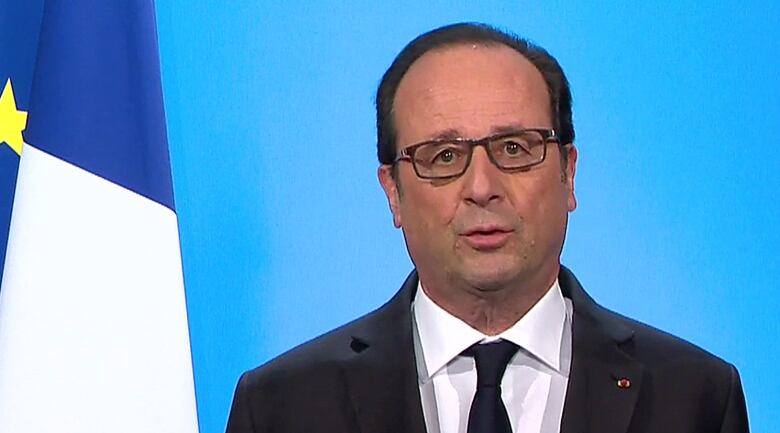
"The problem with Franois Hollande is that he's been a lame duck for a long time," Kauffmann says. "The country is going to be governed, and Cazeneuve is a very solid guy. It will be OK, but it'll be a caretaker government."
An exhausted model
The challenge for Valls and the seven other candidates competing in the Socialist Party primaries come January is to unify the fractured and flailing French left if it's to have any real play in the upcoming election, already foretold as a showdown between Fillon and Le Pen.
"The Socialist Party is in total crisis," Kauffmann says. "Not only in France. There's a general crisis of centre-left. Look at the Labour Party in the U.K., at the socialist Greek party, in Spain, in Italy where the Democratic party is in crisis.
"The centre-left is challenged by a populist wave on both the right and the left. Something has to come of this. There's a space to fill, and they can't just fill it with the old model. That model is exhausted."

Clearly, that's a potential problem for Valls and Fillon: both are former prime ministers and, though less tarnished, carry the burden of their respective presidents' tenures and, more, perceived failures.
Ultimately, both represent a changing of the guard more than real change.
"We're definitely short of new faces, and the one who is seen as the newest is Emmanuel Macron," Kauffmann says.
O.K. Corral
Macron, 38, is a former banker and was Hollande's minister of the economy until August, when he left the party to form his own movement, En Marche, and to make his centrist bid as an independent.
He's even skipping January's primary, writing it off in a recent Sunday magazine interview as the "O.K. Corral."
"It's difficult to say you're not part of the system when you've been educated at the best elite schools, worked at Rothschild's and been a member of the government," Kauffman says.
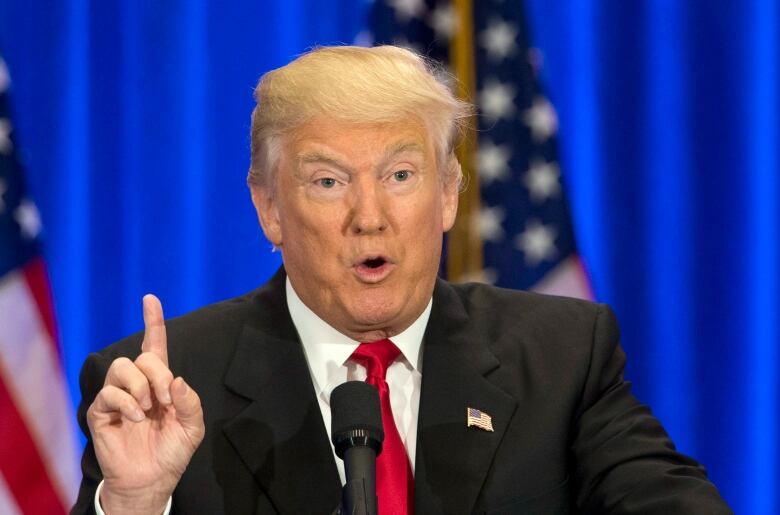
"But still, I think he's been very smart to understand that people are tired of mainstream parties. I have my doubts that he can pull it off for next year's election. It's really a long shot. But at least he's the new element in the political debate. That's quite healthy."
Candidates for the Socialist party leadership have until Dec. 15 to declare their intentions, and the campaign ends with the first round of voting on Jan. 22.
It's such a small window to mend deep rifts that it may not even be possible.
"I think a lot of people on the left have accepted the idea that the next election will be lost. It's an idea that a lot of people have integrated, that it's too difficult to beat both Fillon and Marine Le Pen," Kauffmann claims.
And then, as another kernel of recent common wisdom demands, she adds: "But you never know. Things are so unpredictable right now."












_(720p).jpg)


 OFFICIAL HD MUSIC VIDEO.jpg)
.jpg)



























































































